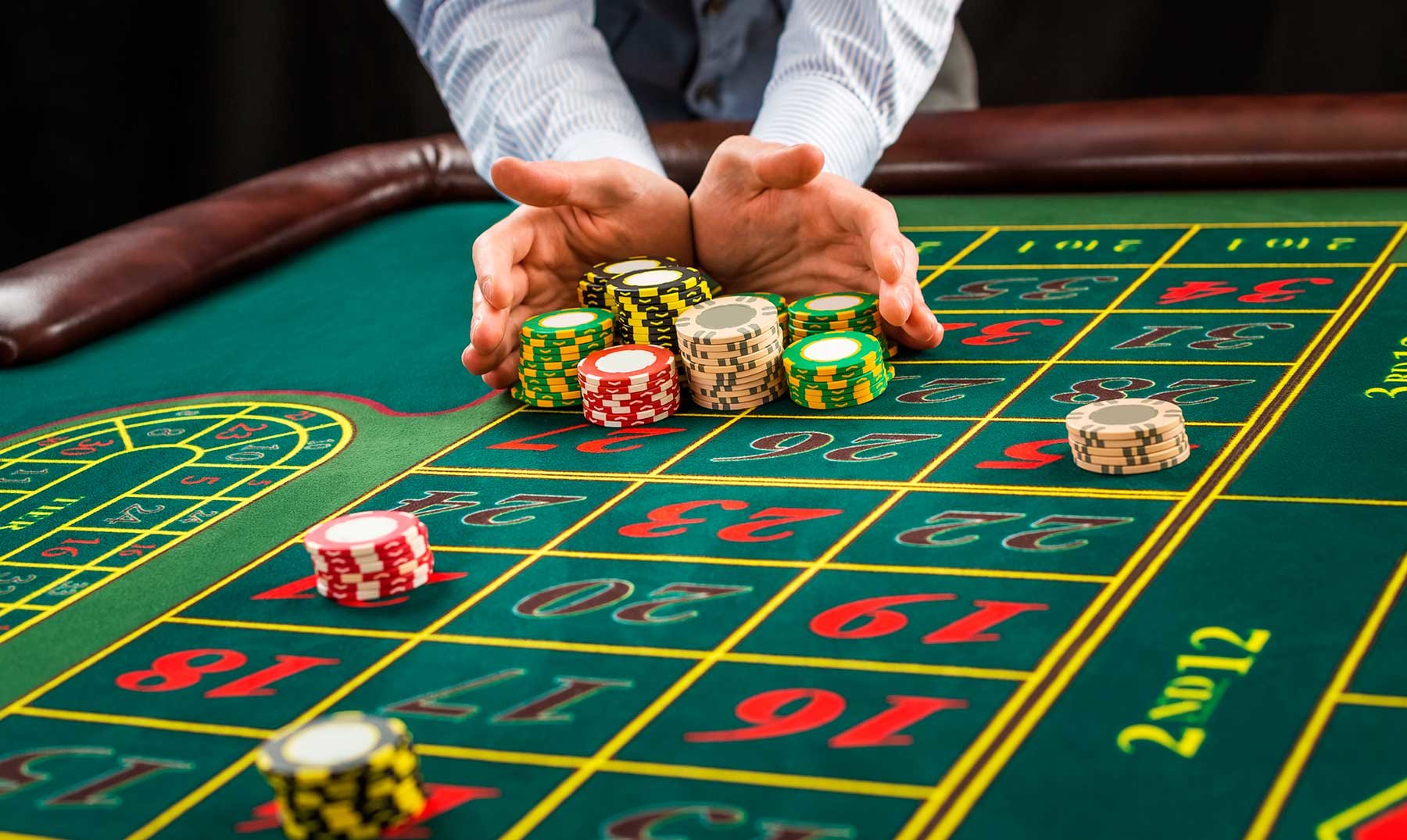
Casino gaming has long been a topic of interest and controversy, drawing in millions of players around the world. With a mix of luck, strategy, and the thrill of uncertainty, casino games offer an exhilarating escape from everyday life. However, as entertainment becomes ever more accessible, it calls for a more thorough examination of the morality surrounding these games.
At the heart of the debate lies the issue of whether casinos promote responsible gaming or take advantage of at-risk individuals. The appeal of potential winnings versus the reality of losses can create a challenging situation, and understanding this balance is crucial for both players and operators. As we delve into the morals of casino gaming, we will explore the responsibilities of casinos, the impact on society, and the measures that can be taken to foster a healthier gaming environment.
The Impact of Casino Gaming on Society
Casino gaming has a significant influence on societal dynamics, affecting not only the economy but also interpersonal dynamics and local frameworks. The funds generated from casinos can lead to job creation and boost local economies, as they provide various employment opportunities in different sectors including hospitality, leisure activities, and retail. However, while the financial benefits can be significant, communities often grapple with the possible negative impacts that arise from higher gambling activity.
Moreover, the presence of casinos can lead to an rise in gambling addiction, presenting serious challenges for players and families. The excitement of casino games can quickly evolve into a compulsive habit, affecting connections with others and leading to monetary issues. Many individuals may find it difficult with the loss of control over their gambling habits, resulting in a need for community support services and interventions to address this growing issue. The social cost of gambling addiction can ripple through families and neighborhoods, creating an urgent need for responsible gaming initiatives.
In addition to the economic and social ramifications, casino gaming often reflects cultural attitudes towards uncertainty and leisure. It can foster a sense of excitement and leisure, attracting tourists and boosting local travel. However, this allure may also mask the broader implications of gambling as a method of entertainment, provoking ethical questions about its promotion and availability. As communities weigh the advantages and drawbacks of casino gaming, the need for responsible practices and oversight becomes increasingly critical in ensuring that the beneficial elements are enhanced while reducing the negative effects.
Ethical Concerns in Betting Activities
The ethics of casino operations often revolve around the potential for dependency and its consequences on individuals and families. Gambling can lead to serious monetary distress, impacting not only the gamblers but also their loved ones. As people become caught in the allure of winning, many lose track of their financial limits, which can result in catastrophic results such as insolvency. This raises moral questions about the duty of gambling establishments in fostering responsible gambling practices and providing support for those who may be struggling with gambling addiction.
Another major issue is the advertising of betting to vulnerable populations. Gambling establishments often aim at low-income individuals or neighborhoods with the offer of fast rewards, which can continue cycles of poverty and hopelessness. In this situation, the morality of marketing strategies used by gambling establishments come under examination, as they may exploit the need of people seeking an way out from economic troubles. This manipulation raises moral questions about the integrity of the betting industry and its obligation to safeguard its most at-risk customers.
Additionally, the impact of casino operations on the community as a entirety cannot be ignored. While some argue that gambling establishments create employment and stimulate local economies, others point to the community costs associated with dysfunctional betting, increased criminal rates, and a burden on public services. Balancing economic benefits with the risk for social harm presents a complex moral dilemma for lawmakers and casino operators alike. The challenge lies in finding a responsible approach that takes into account the welfare of individuals and society while still permitting for the pleasure of casino gaming.
Regulation Structure and Responsibilities
The legal system surrounding gambling activities is developed to ensure equity, trustworthiness, and player protection. Various government bodies and gaming commissions establish and implement regulations that dictate how casino activities function, the guidelines for game creation, and the procedures for handling rewards. These regulations change by locale but commonly involve licensing requirements for businesses and stringent measures to stop deception and fraud.
In furthermore to governing bodies, gambling businesses bear major responsibility in upholding moral standards within their establishments. They must implement ethical gaming practices that promote participant protection and consciousness, including presenting self-ban options and sharing information about the risks related to betting. Casinos are also accountable for training workers to recognize signs of problem gaming and understand the correct steps to help customers in distress.
Furthermore, clarity in gaming operations is vital for gaining and maintaining public trust. Casinos should offer clear information about the probabilities of games, advertising deals, and any associated risks. By promoting an environment of honesty and accountability, operators can help mitigate the likelihood harmful impact of gaming while improving the general betting experience for all players.
U888
